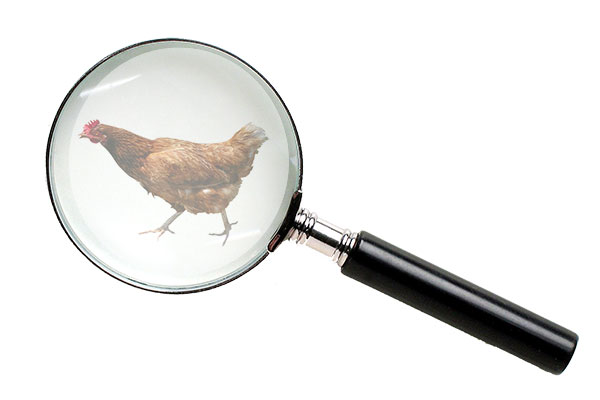US: Reduced checks on poultry & egg imports criticised

A US consumer group, Food & Water Watch, has criticised the US Department of Agriculture’s (USDA) Food Safety and Inspection Service action of amending the way in which it inspects countries that are eligible to export meat, poultry and egg products to the US. And doing it fours years ago, but only now announcing the change.
The FSIS has published a notice (Ongoing Equivalence Verifications of Foreign Regulatory Systems, Docket No. FSIS-2012-0049) in the Federal Register that it made a major change to the way it inspects countries that are eligible to export meat, poultry, and egg products to the US
Food & Water Watch issued a press release about the action.
Until 2009, FSIS conducted “in-depth annual on-site audits of countries that are eligible to export meat, poultry, and egg products to the US” according to the press release. The FSIS system was used as a model for food safety agencies around the world. But in 2009 the government stopped in-person visits and started relying on self-reporting tools. In other words, countries were telling the US government that they were in compliance with USDA food safety and inspection standards, and the US government took their word for it.
Wenoah Hauter, executive director of Food & Water Watch, said, “It is time for the Obama administration to fund this vital consumer protection program adequately and stop trying to rationalize the ways it has weakened it. Publishing a Federal Register Notice four years after the fact and requesting comments on the new policy is both futile and insulting.”
You can comment on the Federal Register notice, but the change has already been made. The Obama administration has cut the budget for import inspection at FSIS, even though Congress appropriated the money requested. And the administration now has plans to import processed poultry products from China and South Korea at the same time there are problems with chicken pet food products imported from China.
Hauter said, “we’re not just importing China’s food – we’re importing China’s food safety problems along with it. It’s doubly important to fund our import food inspection programs adequately as more foods from abroad reach our shores.”













